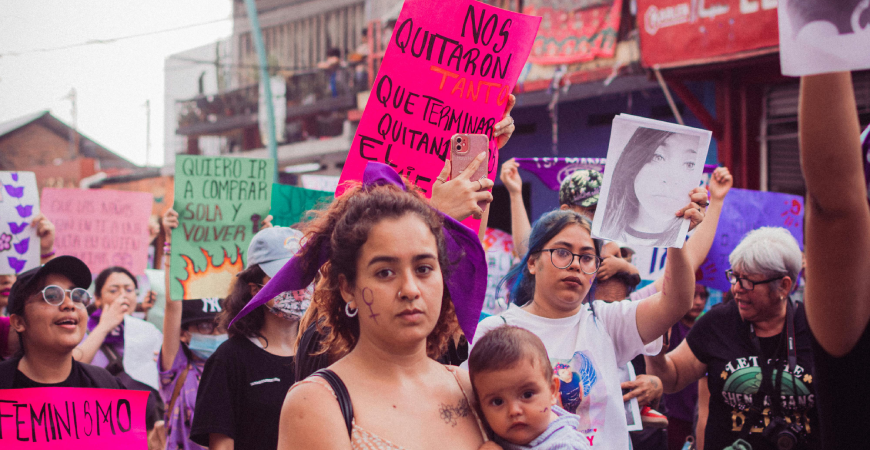
International Human Rights law
International Human Rights Law in India refers to the application and implementation of international human rights standards and principles within the Indian legal framework. Here's an overview:
Key Aspects:
- International Treaties and Conventions: India has ratified several international human rights treaties, including the International Covenant on Civil and Political Rights (ICCPR) and the Convention on the Rights of the Child (CRC).
- National Implementation: India has enacted various laws and policies to implement international human rights standards, such as the Protection of Human Rights Act, 1993.
- Judicial Activism: The Indian judiciary has played a significant role in promoting and protecting human rights through landmark judgments and interpretations.
Important Concepts:
- Universal Declaration of Human Rights (UDHR): A foundational document outlining fundamental human rights.
- Human Rights Commissions: National and state-level commissions established to promote and protect human rights.
- Accountability and Redress: Mechanisms for holding perpetrators accountable and providing redress to victims.
Challenges and Opportunities:
- Implementation Gaps: Challenges in implementing international human rights standards at the national level.
- Awareness and Education: Importance of awareness and education in promoting human rights.
- Collaboration and Cooperation: Opportunities for collaboration between government, civil society, and international organizations.
Importance:
International Human Rights Law plays a crucial role in:
- Protecting Human Dignity: Ensuring respect for human dignity and rights.
- Promoting Social Justice: Addressing social injustices and promoting equality.
- Holding Governments Accountable: Holding governments accountable for human rights violations.
If you have specific questions or need further information on International Human Rights Law in India, feel free to ask!